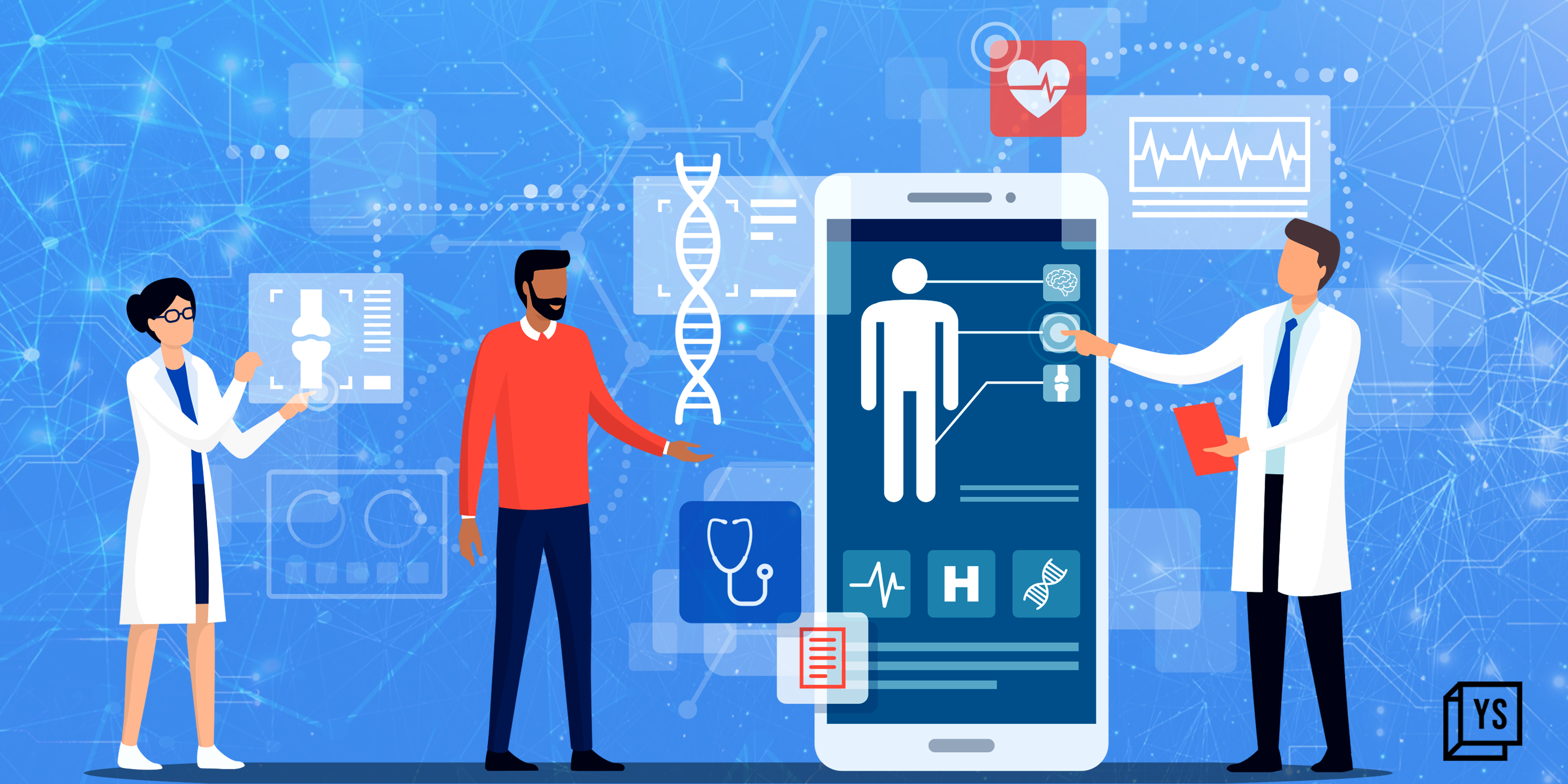
Artificial intelligence (AI) in healthcare is steadily moving from promise to practice, transforming both clinical and non-clinical settings. When deployed effectively, AI tools can help bridge the deep healthcare divides that exist between the developing and developed world, rural and urban populations, and those who have access to quality care and those who do not.
In urban environments, AI-enabled clinical decision support systems have shown value in helping doctors prioritise high-risk patients, improve accuracy, and reduce the likelihood of misdiagnosis.
In rural settings, these tools empower trained health workers to identify patients who require urgent attention, ensuring the critical cases receive the right treatment at the right time.
AI tools have a large role to play in preventative healthcare, especially for underserved groups with low access to medical infrastructure, such as rural populations, women, and marginalised communities.
One example is the use of AI-based breast cancer screening tests that enable early detection and can be easily deployed even in underserved areas. Health workers can be trained to operate portable, privacy-aware screening devices and generate instant triage reports. Women flagged as high-risk can then be referred to advanced imaging centres for further diagnosis.
This approach addresses not just the access gap in rural India but also the problem of low screening uptake in cities, which stands at just 1.3%, according to recent surveys.
Further, workplace-based screening programmes, made possible by portable, non-invasive technology, have encouraged more women to participate. AI-enabled healthcare tools work when they are designed and deployed with people’s needs at the heart of it.
However, developing AI applications for clinical decision-making presents unique challenges. Errors in healthcare carry far higher stakes than in most other domains, which means AI models must achieve exceptional accuracy, often measured in terms of sensitivity and specificity.
The datasets used for training need to be carefully curated, as medical data often suffers from class imbalance—far fewer positive cases compared to negative ones—requiring specialised techniques to ensure accurate detection of disease-positive samples.
Equally important is the accuracy of data labelling. Labels derived from the interpretation of a single doctor can introduce bias. A robust “golden dataset” should be created with labels verified by multiple expert interpreters, or validated through additional diagnostic tests such as imaging or biopsies. This ensures both accuracy and diversity in the dataset, leading to AI models that generalise well across varied segments, which is critical to reach population scale in India.
Deployment in real-world clinical settings brings its own hurdles. AI systems must integrate seamlessly with existing care pathways to avoid disrupting workflows—a key factor for adoption among clinicians.
Trust in AI output is essential; this means results must be explainable and interpretable by medical professionals. What we have seen builds this trust is making AI-generated screening reports adhere to standard medical scoring systems and provide an explanation for a positive finding. For example, in a medical imaging case, the report could mention the details of the asymmetry seen along with the precise location of the abnormality to guide follow-up diagnosis. Such interpretability fosters clinician confidence and facilitates workflow integration.
Privacy and data governance are equally critical. Robust consent processes, data anonymisation, and encryption are essential, as are compliance measures for local data storage regulations. Where cloud hosting is used, deployment zones must be chosen to meet geographic data restrictions.
Clarity on liability is also important. Typically, the AI model developer shares responsibility with the certifying doctor who signs off on the report. While the company may take liability for the model’s accuracy, the clinical decision remains the doctor’s responsibility. This underscores the role of AI in healthcare: to support doctors, make systems stronger, and healthcare more accessible and personalised.
Despite these complexities, the potential of AI-powered clinical decision support systems is immense. The future may well see doctors and AI working in tandem on every medical decision, combining human judgment with computational precision to deliver faster, more accurate, and more equitable care for all.
Geetha Manjunath is the Founder of Niramai Thermal Analytix
Edited by Suman Singh
(Disclaimer: The views and opinions expressed in this article are those of the author and do not necessarily reflect the views of YourStory.)
Original Article
(Disclaimer – This post is auto-fetched from publicly available RSS feeds. Original source: Yourstory. All rights belong to the respective publisher.)